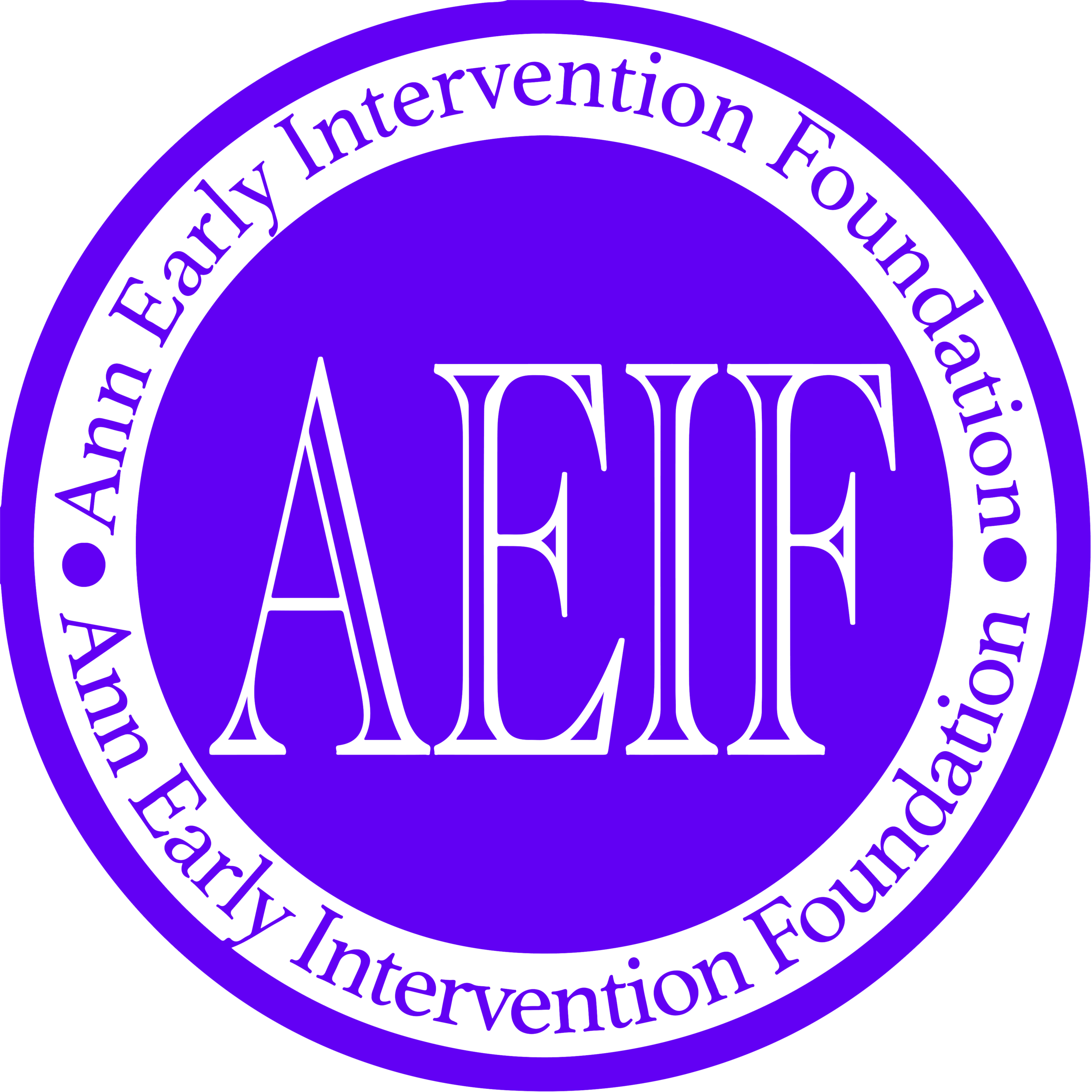AEIF Newsletter 9: Non-Medication Strategies for AD Treatment
The Nutritional Approach
1a. The Bredesen Protocol
The Bredesen Protocol has been effective in categorizing types of dementia and providing nutritional substrates to supplement those diagnosed AD cases. However, researchers have suggested that utilizing the Bredesen protocol is less effective in Alzheimer’s care than in other types of dementia treatment.
1b. Other Nutritional Protocols:
Persons suffering from Alzheimer’s Disease are advised to limit intake of: foods with high saturated fat and cholesterol, refined sugars, foods with high amounts of sodium.
2. Care and Treatment of Beta Amyloid Sticky Protein
NeuroEM Therapeutics, led by Dr. Gary Arendash, has concluded that Transcranial Electromagnetic Treatment (TEMT) “dissociates both of the toxic proteins thought to be at the root cause of AD”.1 Presently, this method of treatment is under clinical trial.
3. Hydrogen Therapy
The consumption of hydrogen water could prevent the decline of cognition, and maintain the proliferation of neural progenitors, and inhibit oxidative stress after chronic restraint stress in a mouse model of dementia. Molecular hydrogen has anti-inflammatory and antioxidant properties that make it an ideal candidate to halt or even prevent the progression of Alzheimer’s Disease.
4. Hydrogen Peroxide
Research surrounding COVID-19 has found that washing the nose, throat and/or mouth with hydrogen peroxide may improve immune responses to and potentially prevent viral infections.11 This hygienic practice may be a potentially useful action to prevent the development of Alzheimer’s Disease, as in both conditions, taste and smell are significantly impaired.
